Many AI experts believe there is a chance human-level artificial intelligence will arrive within the next decades—some believe it will exist much sooner.
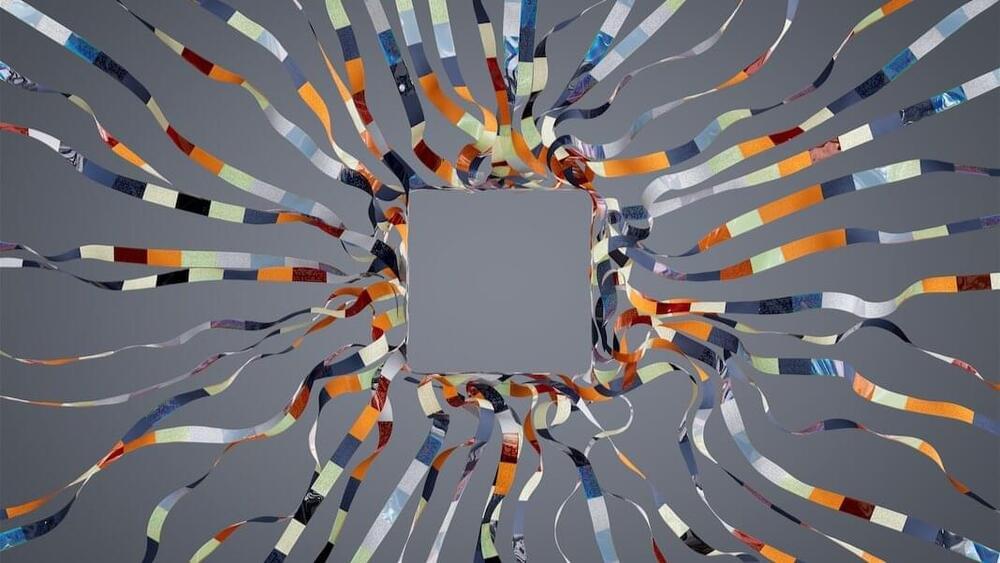

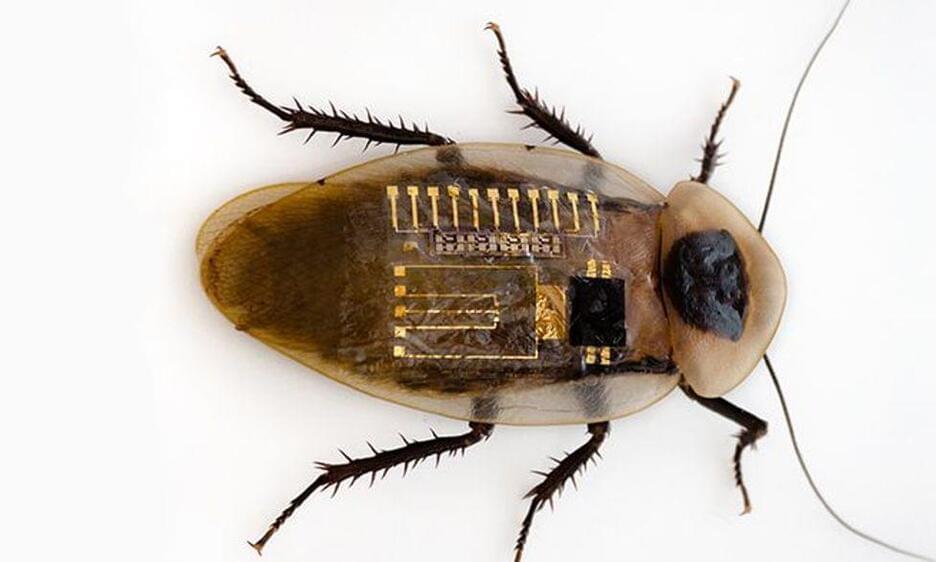
Scientists are getting closer to producing prosthetic limbs that can sense touch. A team of researchers from Stanford University and Seoul National University have created an artificial nerve system that can not only sense differences in pressure but also read individual Braille letters. More amazingly still, they managed to hook the artificial nerves up to the leg of a cockroach and make the limb twitch.
“We take skin for granted but it’s a complex sensing, signaling and decision-making system,” says Stanford’s Zhenan Bao, co-author of the paper published in Science and whose lab has been developing the system, in a statement. “This artificial sensory nerve system is a step toward making skin-like sensory neural networks for all sorts of applications.”
The nerve circuit that the team developed is made up of three main components.
Transhumanism advocates the use of current and emerging technologies such as genetic engineering, artificial intelligence, and nanotechnology, to augment human capabilities, enhance longevity, and improve cognition. The term “designer baby” refers to a child who would develop from an embryo or sperm or egg that had been genetically altered. Is there a covert political agenda behind this allegedly altruistic scientific movement?
Robert Sepehr is an anthropologist and author.
(books also available through other book outlets)
http://amazon.com/Robert-Sepehr/e/B00XTAB1YC/
Robert Sepehr Links.
https://linktr.ee/RobertSepehr.
Support Robert Sepehr on Patreon:
https://www.patreon.com/AtlanteanGardens
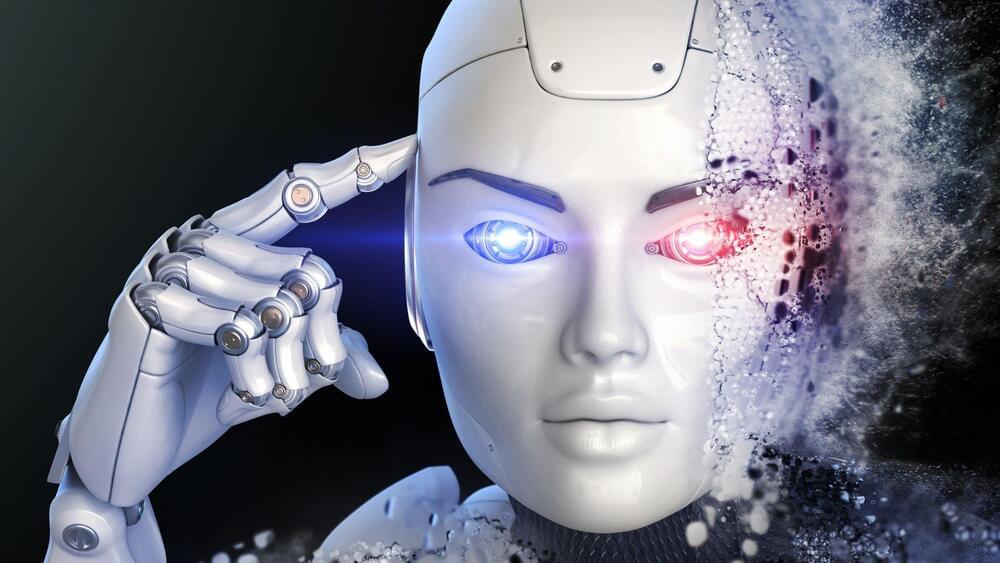
AI-powered assaults will definitely excel at impersonation, a tactic utilized frequently in phishing, as per the study.
A recent cyber analytical report has warned that artificial intelligence (AI) enabled cyberattacks which are quite limited until now, may get more aggressive in the coming years.
The Helsinki-based cybersecurity and privacy firm WithSecure, the Finnish Transport and Communications Agency, and the Finnish National Emergency Supply Agency collaborated on the report, according to an article by Cybernews on Thursday.
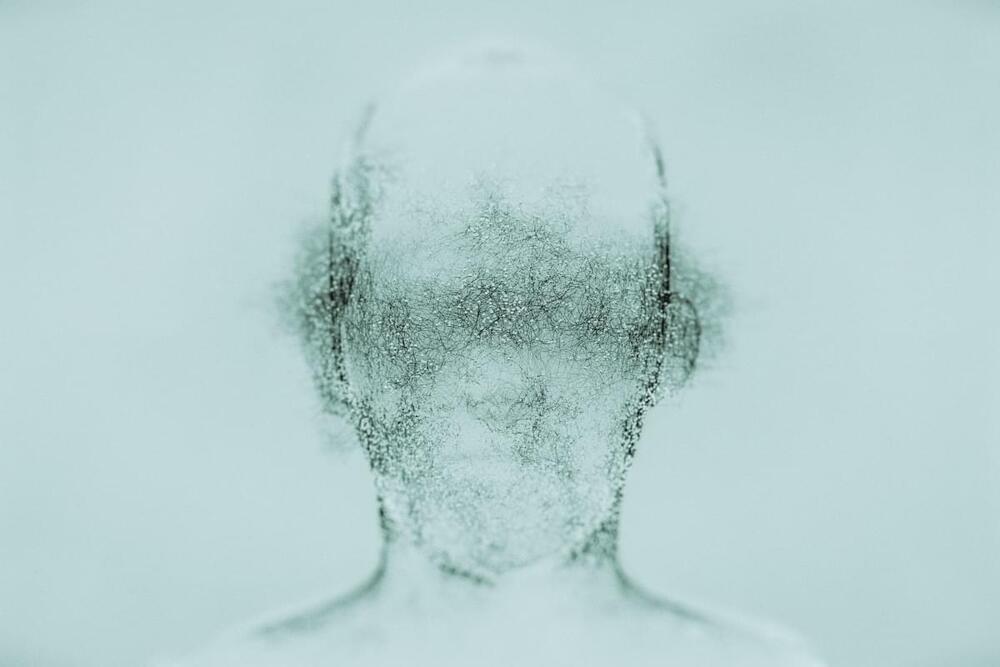
Check out all the on-demand sessions from the Intelligent Security Summit here.
With the arrival of AI-generated art and the proliferation of tools like Midjourney, Stable Diffusion and DALL-E, questions have been rife in circles across the creative industry.
Is this a temporary trend? Or a would-be essential tool in creative communication?
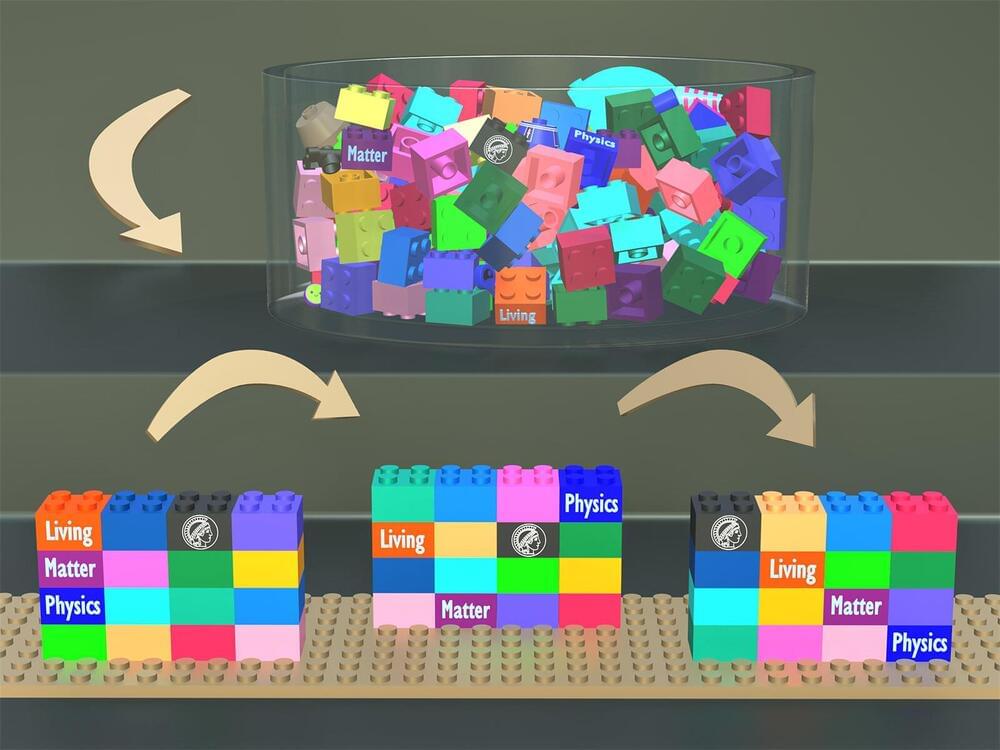
Structures made out of building blocks can shift their shape and autonomously self-organize to a new configuration. The physicists Saeed Osat and Ramin Golestanian from the Max Planck Institute for Dynamics and Self-Organization (MPI-DS) revealed this mechanism which may be used to actively manipulate molecular organization. A seed of the novel desired configuration is sufficient to trigger reorganization.
This principle can be applied on to biological building blocks which are constantly recycled to form new structures in living systems.
The concept of remodeling is familiar to most people: those who have ever played with Lego bricks know that many combinations and structures possible from the same components.
Soft robots have phenomenally advanced in recent years. Microscale soft robots designated to navigate difficult paths and perform biological functions in the human body could have profound potential biomedical applications such as surgery, prosthetics, and pain relief.
Currently, the intrinsic functionalization of bio-inspired soft robots is based on elastomeric materials such as silica gel, which requires introducing bulky components and extensive processing steps. They have major limitations in their extent of deformability as compared to their natural biological counterparts.
A research team led by Professor Anderson H.C. Shum from the Department of Mechanical Engineering at the University of Hong Kong (HKU) and Professor Thomas P. Russell from Lawrence Berkeley National Laboratory has invented an all-water robotic system that resolves these constraints through revolutionary scientific advances.
The Future is Upon Us.
DreamFusion: https://bit.ly/3UQWIjh.
Nvidia Get3D: https://bit.ly/3dU9KMa.
Dream Textures A.I: Seamless Texture Creator.
Explore Sketch to 3D [Monster Mash]: https://youtu.be/YLGWsMfAc50
See Nvidia Nerf: https://youtu.be/Sp03EJCTrTI
Join Weekly Newsletter: https://bit.ly/3lpfvSm.
Find BLENDER Addons: https://bit.ly/3jbu8s7
Learn to Animate in Blender: https://bit.ly/3A1NWac.
See FiberShop — Realtime Hair Tool: https://tinyurl.com/2hd2t5v.
GET Character Creator 4 — https://bit.ly/3b16Wcw.
GET AXYZ ANIMA: https://bit.ly/2GyXz73
GET ICLONE 8 — https://bit.ly/38QDfbb.
Check Out Unity3D Bundles: https://bit.ly/384jRuy.
████████████████████████████
DISCORD: https://discord.gg/G2kmTjUFGm.
Twitter: https://bit.ly/3a0tADG
Music Platform: https://tinyurl.com/v7r8tc6j.
Patreon: https://www.patreon.com/asknk.
████████████████████████████
GET HEADSHOT CC: https://bit.ly/2XpspUw.
GET SKIN GEN: https://bit.ly/2L8m3G2
ICLONE UNREAL LIVE LINK: https://bit.ly/3hXBD3N
GET ACTORCORE: https://bit.ly/3adV9XK
███ BLENDER ADDONS & TUTORIALS ███
Get Free 3D Content Here: https://tinyurl.com/bdh28tb5
#ai.
#b3d.
#update.
#art.
#asknk.
#blender3d.
#blender3dart.
#3dart.
#assets.
#free.
#free3d.
#3D.
00:00 Intro.

On Thursday, a pair of tech hobbyists released Riffusion, an AI model that generates music from text prompts by creating a visual representation of sound and converting it to audio for playback. It uses a fine-tuned version of the Stable Diffusion 1.5 image synthesis model, applying visual latent diffusion to sound processing in a novel way.
Since a sonogram is a type of picture, Stable Diffusion can process it. Forsgren and Martiros trained a custom Stable Diffusion model with example sonograms linked to descriptions of the sounds or musical genres they represented. With that knowledge, Riffusion can generate new music on the fly based on text prompts that describe the type of music or sound you want to hear, such as “jazz,” “rock,” or even typing on a keyboard.
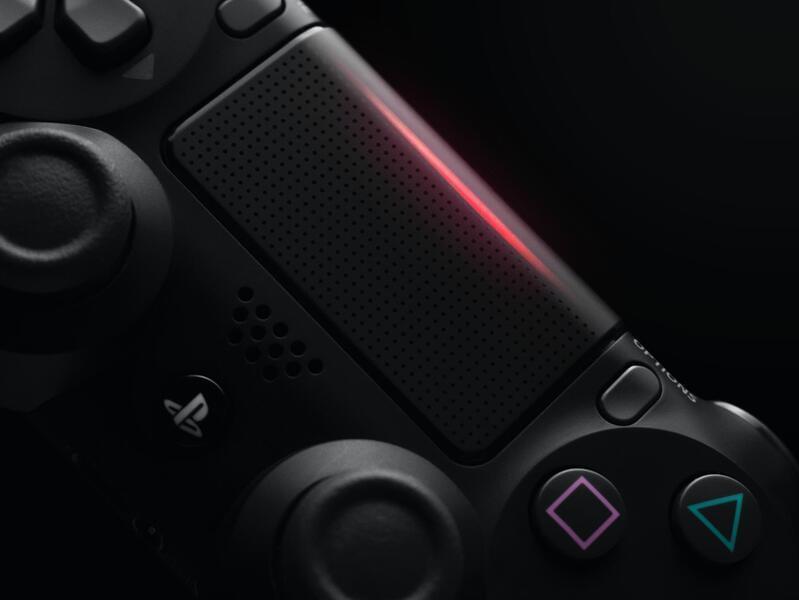
Many of us are guilty of giving up on a game because of a long grind or seemingly insurmountable challenge, but Sony’s latest patent shows the company wants to change that.
Some masochists enjoy the pain of being repeatedly beaten in games like Dark Souls – it’s understandable, overcoming those challenges is a great feeling – but most of us have a breaking point where the power button gets hit and the game just ends up collecting dust on a shelf.